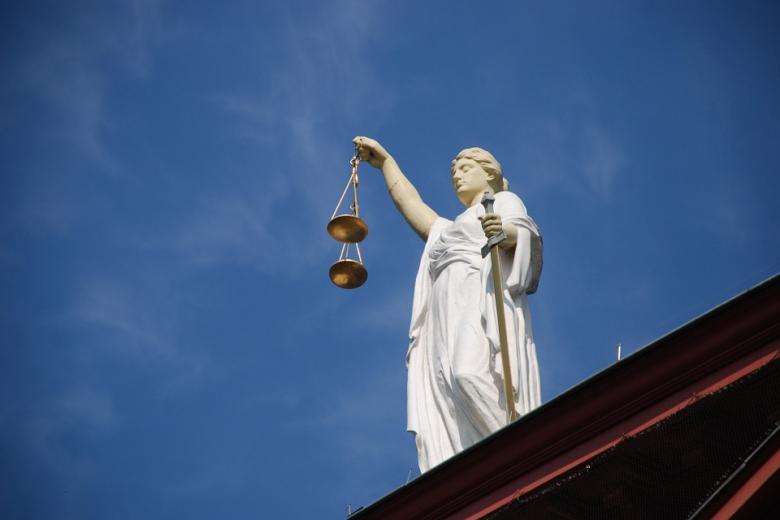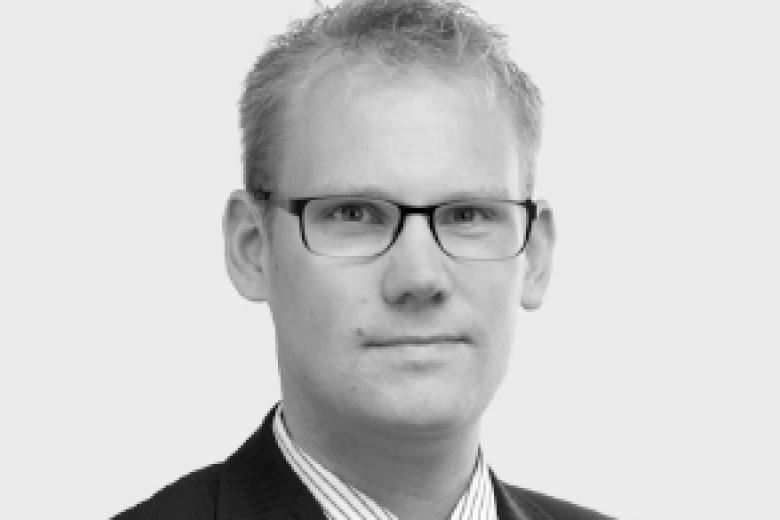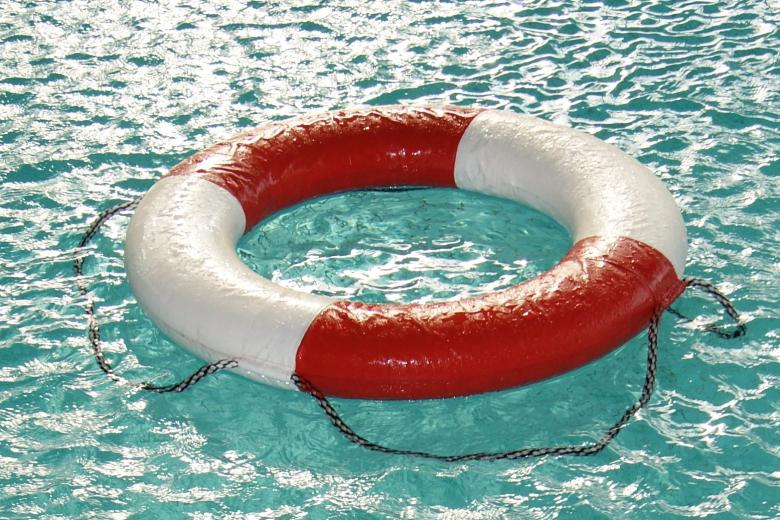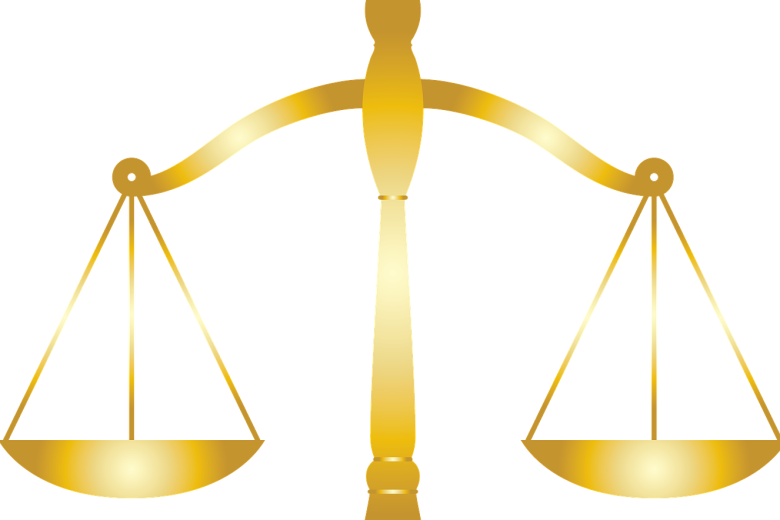"Medical educators have unbelievably creative ways of teaching their students; for example I have read about cut out oranges in socks to teach the stages of dilation during birth…" In her project “Making Clinical Sense,” anthropologist Anna Harris is researching how medical skills are taught and learnt.
Making Clinical Sense
- Teaching and (prospective) students
- Staff & faculty
- Social sciences
- Science & technology
- Health & innovation

Maastricht to become the city of the European citizen
- Teaching and (prospective) students
What The Hague is to peace and justice, Maastricht can become for the European citizen. A city where residents, policymakers and academics from all over Europe work on solutions to today’s problems. A “workshop” for the future of Europe. Maastricht is rolling up its sleeves, and Rianne Letschert, rector magnificus of Maastricht University, is as keen as anyone to get started.

The art of doing maths
- Staff & faculty
“Look at the person to your left and right: of the three of you, only one will graduate”, the lecturer said when Ralf Peeters attended his first lecture in Applied Mathematics in Delft. Thirty-six years later, Peeters is professor of Mathematics at Maastricht University. Without him, the Department of Data Science and Knowledge Engineering, which offers one of UM’s most successful study programmes, would have been swallowed up by another faculty long ago. Not that he’d ever say as much himself. Read on for portrait of a bridge builder, a puzzler, an art lover and, above all, a scientist.

WE Festival
- Staff & faculty
The Gashouder and the former radium factory will be the place to be from 12 to 19 May for anyone who wants to learn something new, sample some good food, meet other people or just enjoy the party. The eighth WE Festival has a full programme with a wide variety of activities. Better yet, admission is free.

Plastic: the good, the bad and the ugly
- Health & innovation
On Saturday 14 July, Dagblad de Limburger published a column by Martin Paul about the negative impact plastic has on our health and the role that the Aachen-Maastricht Institute for Biobased Materials (AMIBM) plays to counter this.

Neon Night Run - Colourful stream of runners
- Health & innovation
A clear blue sky with a light breeze – the organisers of the Neon Night Run couldn’t have hoped for more. The conditions not only attracted some 150 runners to the event on 8 May, but also made for a great barbecue afterwards. The result: a nice donation to the MF Foundation, the charity selected this year by the International Student Network (ISN).

Courts entering the political thicket to the rescue of parliaments
- Law
It is often said that courts, when exercising judicial review or settling constitutional conflicts, may enter the political domain and take the seat of parliament or politics as the representative of the people and the body to which governments should be accountable. However, in light of quite a few court rulings in recent years this statement is evidently false.

Invest like a Pro
- Alumni
How private portfolios can benefit from what professional investment managers do

Safety on board the Thalys and the Mediterranean smuggling ships: a humble suggestion for the European ministers
- Law
On August 29, 2015, a group of European Ministers in Paris agreed to increase security on key international rail routes in response to the thwarted attack on a Thalys train that took place earlier in the month. Increasing various security measures in the aftermath of such an incident is perceived, rather unquestionably, as the “right” reaction by many: The underlying sentiment being that in order for us to feel safe again, governments must vow to be more vigilant. This short piece will question the prudence of this near reflexive reaction by taking into consideration its long-term implications.

EU Equality Law: headscarves at the workplace and segregation of Roma children in schools
- Law
Two prominent issues on the agenda of European equality lawyers have so far largely (although see recently CJ C-83/14 Nikolova) remained outside scrutiny of the Court of Justice of the European Union: discrimination on grounds of religion or belief and segregation of Roma. Recent developments may trigger change on both fronts.
